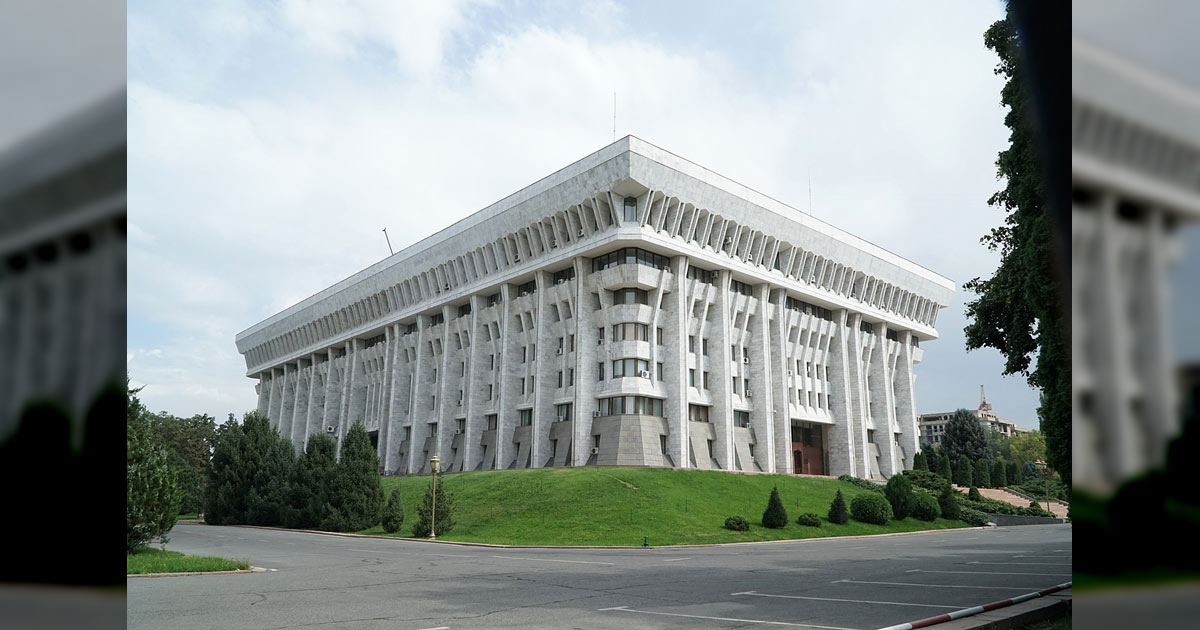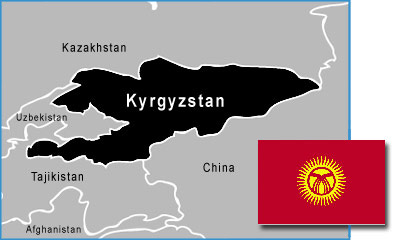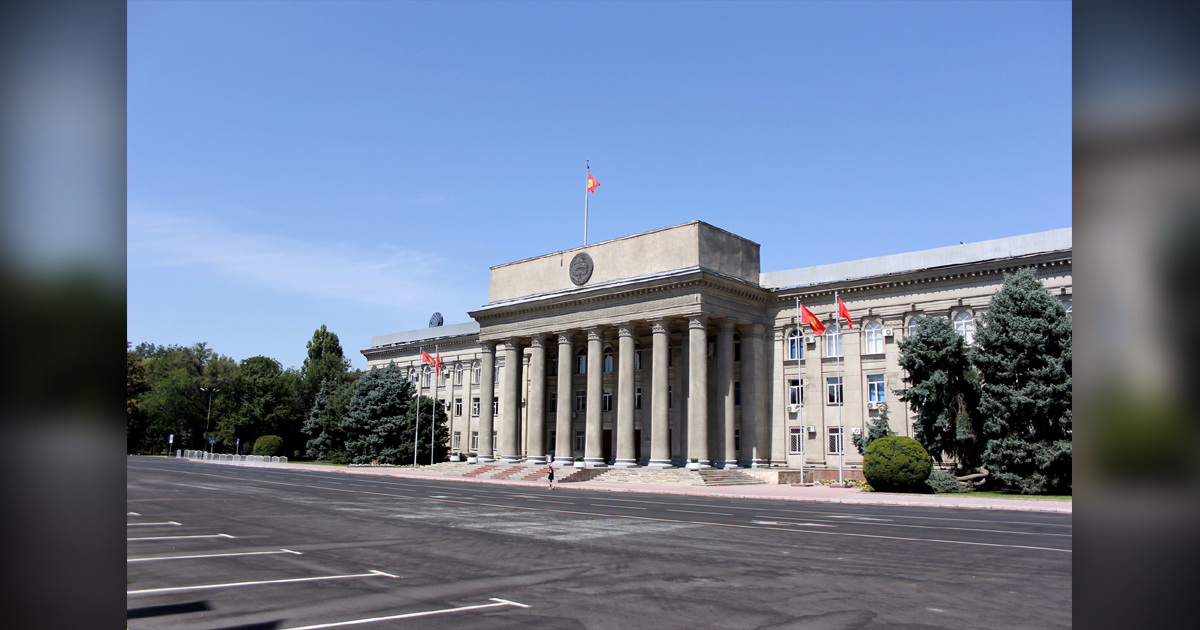
Photo: Wikipedia / Adam Harangozó (cc)
If adopted, a draft law prepared by the State Commission for Religious Affairs would continue to ban any worship meetings and religious education from operating without state permission throughout the country of Kyrgyzstan. In addition, this potential new law would make the registration of small religious communities very difficult, if not impossible.
According to the proposed legislation, a minimum of 200 adult members all living within the same region is required when applying for registration as a religious community. The members of each church community will then be required to gather in person for an official meeting so full personal details can be recorded and notarized.
Religious communities would also need to obtain registration for any facility used for worship, whether it be owned or rented. However, there are concerns that the extensive registration process will prevent landlords from fulfilling the commission's excessive demands. Zhanara Askar kyzy, a Christian lawyer who is diligently working to oppose the new legislation, argues that under these new rules, it would be impossible for some religious groups to meet in rented premises. For such cases are further complicated by mandates requiring the meeting address to be the same as the legal address of the organization – a condition not feasible for churches renting a facility only a few hours each week.
A further consequence of the proposed law is that any private religious training would be banned. The law declares, "Teaching religious disciplines on an individual basis outside a religious educational institution is prohibited." On a positive note, the new law would remove a ban on the distribution of religious publications in public places. For more on the challenges facing Christians in Kyrgyzstan, go to our country report.
Ask God to grant the concerned lawyers and religious leaders wisdom and discernment as they present their arguments before parliament, particularly as they address aspects of the proposed law that would hinder church groups from gathering together for worship. May the judicial legislators debating this potential law clearly consider the ramifications of the new requirements and come to a reasonable and equitable decision. While this subject is being deliberated in court, pray that the churches in Kyrgyzstan will discover innovative ways to effectively reach out to others in their communities with the powerful, life-transformative message of Christ.

 Population
Population

